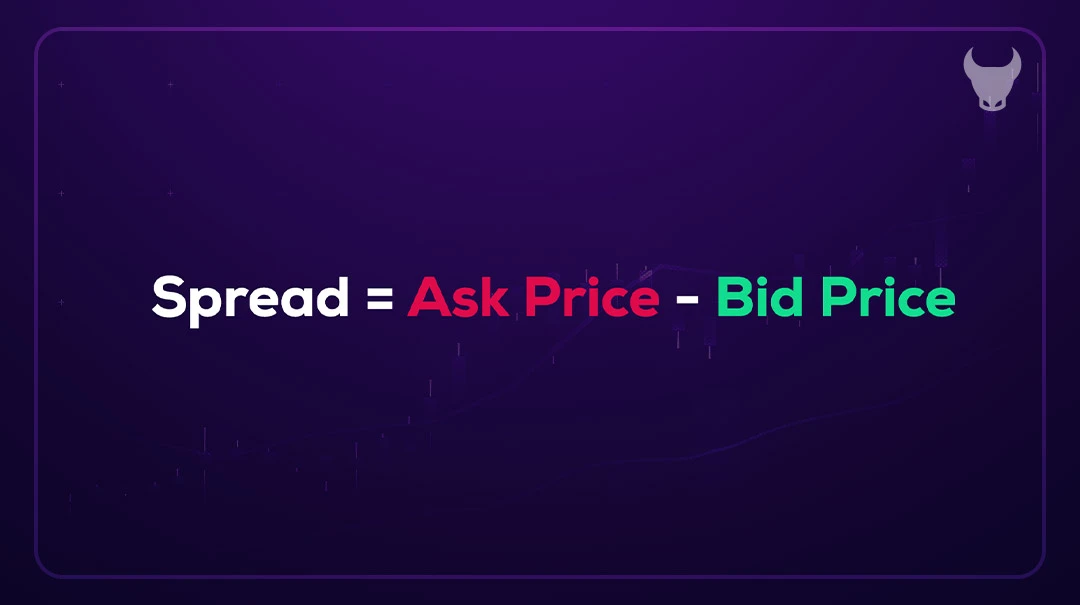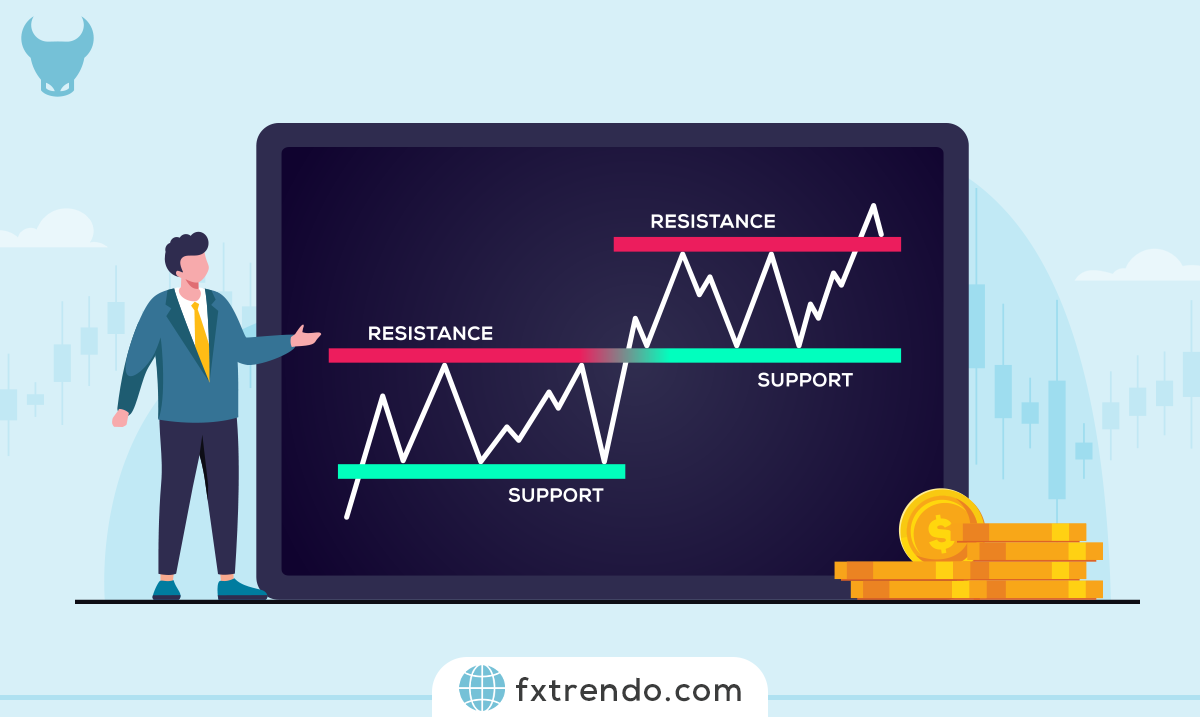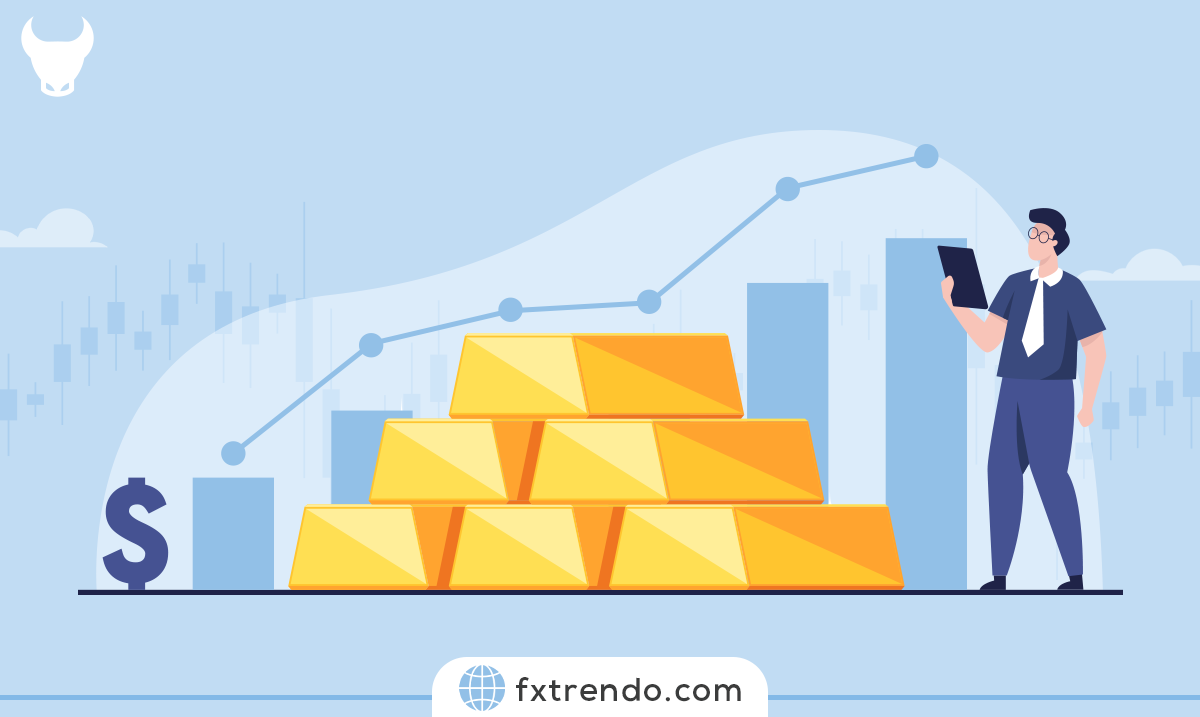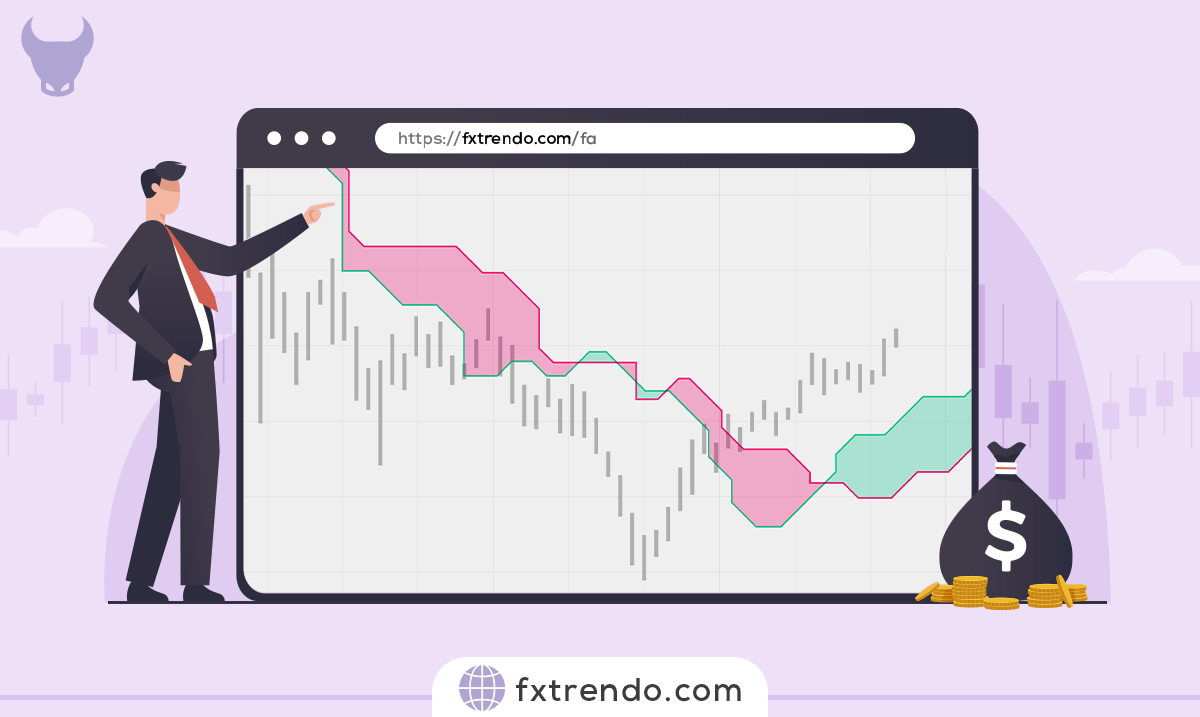The spread, which represents the difference between the ask price and the bid price of an asset, is a form of transaction cost. Traders must be aware of spreads to manage their risks effectively.
In this article, we will take a close look at spreads and their various types. Stay with us as we explore this topic in detail.
What is Spread in Forex?
In financial markets, the spread is the difference between the bid price and the ask price. Essentially, the spread is the cost of a Forex trade, expressed in pips.
For instance, if the bid price for the EUR/USD currency pair is 1.0000 and the ask price is 1.0005, the spread is 5 pips. The bid price is the price at which a trader can sell the base currency (EUR) and buy the quote currency (USD). Conversely, the ask price is the price at which a trader can buy the base currency and sell the quote currency.
When you want to purchase a currency pair in the market, you will use the ask price. If you wish to sell a currency pair, you will use the bid price.
It’s important to understand that spreads can vary based on market conditions and the specific currency pair being traded. Typically, major currency pairs like EUR/USD tend to have lower spreads compared to less commonly traded pairs.
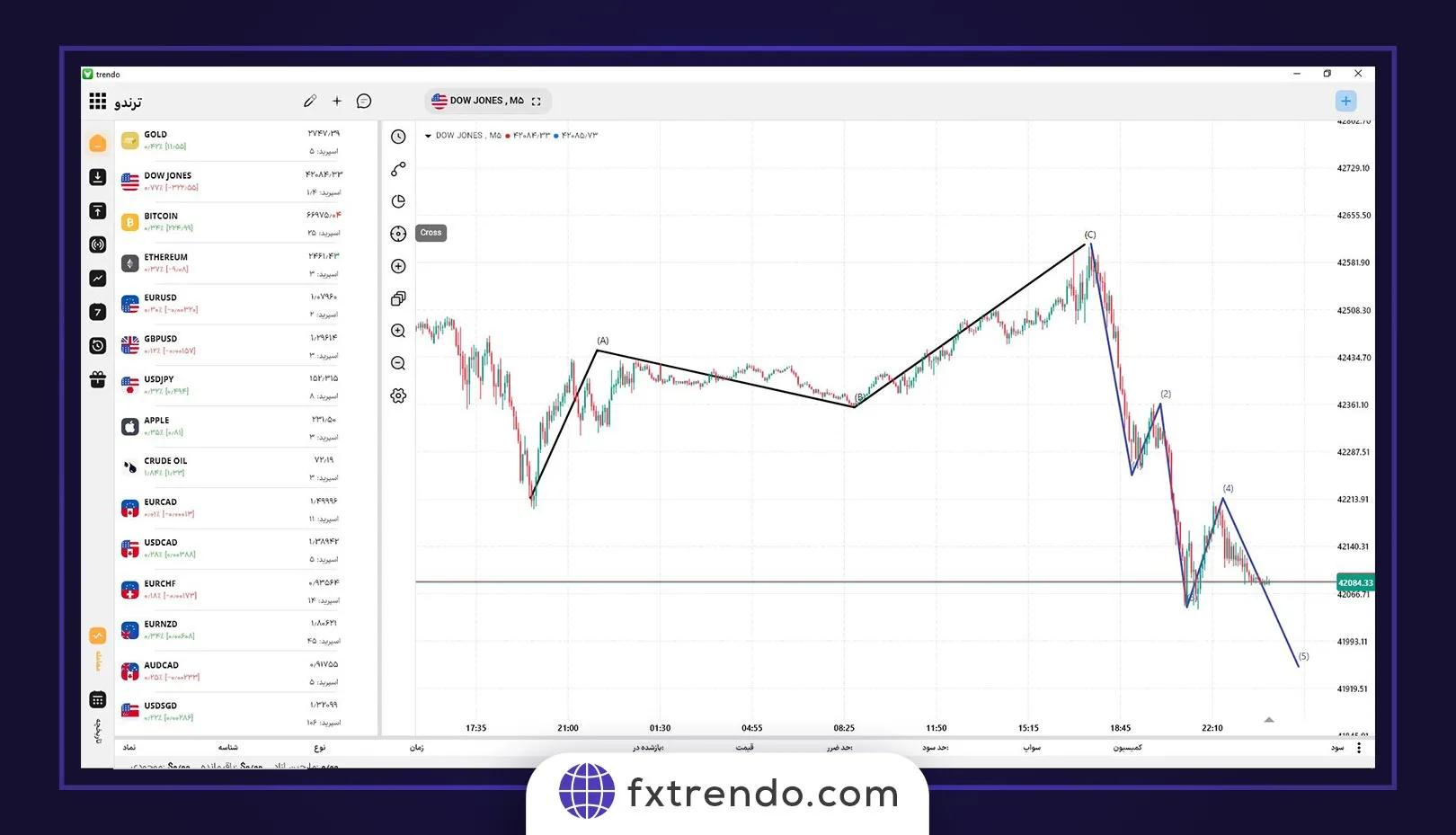
Spreads play a crucial role in a trader’s strategy and overall profitability. A narrower spread means lower trading costs, which is advantageous for traders, especially those who engage in high-frequency trading. On the other hand, wider spreads can increase trading costs, impacting profitability.
What are Types of Forex Spreads?
One of the most crucial factors in trading Forex is the spread, as it significantly impacts the profitability or loss of a trading account over the long term. Essentially, the higher the spread, the lower your potential profit. Forex brokers offer spreads in two main types: fixed and variable.
Fixed Spread in Forex
Some brokers provide trading accounts with a fixed spread, where the spread remains constant at a specific value. These brokers are typically market makers. Although these accounts have fixed spreads, they usually set the spread at a higher value. Additionally, during sensitive market times, brokers may increase the spread and then fix it at this higher value.
Advantages and Disadvantages of Fixed Spread
The main advantage of a fixed spread is its consistency; it doesn’t change, making it simpler for automated trading strategies to calculate costs. However, the fixed spread is generally higher than a variable spread, which means your trading costs will increase.
Variable Spread in Forex
Most brokers offer accounts with variable spreads, which fluctuate within a small range. Despite the variability, these spreads are generally lower than fixed spreads. For example, in Trendo broker, all accounts are ECN type with variable spreads.
Trendo International Broker, in order to create the best trading conditions, offers the lowest spreads for transactions. You can compare and check the spreads offered by Trendo Broker with any other broker.
To view Trendo Broker spreads, you can go through the Trendo trading platform on days when the market is open.
Advantages and Disadvantages of Variable Spread
The primary advantage of variable spreads is their lower cost, resulting in lower trading expenses. However, the downside is that during significant economic news releases or high market volatility, the spread can widen significantly, potentially affecting your profit and loss calculations.
Understanding the types of Forex spreads and their implications can help you make more informed decisions and optimize your trading strategies for better outcomes.
How to Calculate Spreads in Forex?
Calculating the spread in Forex is straightforward. The spread is simply the difference between the bid price and the ask price for a particular currency pair. Here’s how you can do it:
To calculate the spread for any symbol in the Forex market, you need to subtract the bid price from the ask price:
For example, if the ask price for EUR/USD is 1.1000 and the bid price is 1.0995, the spread would be:
1.1000−1.0995=0.0005 or 5 pips
In trading platforms, the spread is usually displayed alongside the currency pair in the watchlist, so you don’t have to calculate it manually. However, understanding how it’s derived is crucial for making informed trading decisions.
Being aware of the spread is essential as it represents the cost of trading. A lower spread means lower transaction costs, which can significantly affect your profitability, especially for high-frequency traders.
Why Spreads Matter?
Spreads are a crucial aspect of Forex trading, influencing both the cost of trading and overall profitability. Understanding why spreads matter can help traders make informed decisions and optimize their trading strategies.
Transaction Costs
The spread represents the cost of executing a trade. Every time you buy or sell a currency pair, you pay the spread, which is the difference between the bid and ask prices. Lower spreads mean lower transaction costs, which can significantly enhance profitability, especially for traders who execute a high volume of trades.
Impact on Profit and Loss
Spreads directly affect the profit and loss of a trade. A higher spread increases the cost of entering and exiting trades, which can erode potential profits. Conversely, a lower spread reduces trading costs, allowing traders to retain more of their profits. This is particularly important for short-term traders and scalpers who rely on small price movements to make gains.
Market Conditions
Spreads can widen or narrow based on market conditions. During periods of high liquidity and stable markets, spreads tend to be narrower. However, during times of low liquidity or high volatility, such as major news announcements, spreads can widen significantly. Being aware of these fluctuations helps traders plan their entries and exits more effectively.
Broker Comparison
Different brokers offer different spread types and sizes. Comparing brokers based on their spread offerings is essential for finding the most cost-effective trading environment. Some brokers offer fixed spreads, while others offer variable spreads that fluctuate with market conditions. Choosing a broker with competitive spreads can make a substantial difference in trading performance.
Strategy Optimization
Knowing the typical spread for the currency pairs you trade can help you optimize your trading strategy. For example, if you know a pair usually has a narrow spread, you might feel more confident executing short-term trades. Conversely, pairs with wider spreads might be more suitable for long-term strategies where the spread cost is less impactful relative to potential profits.
Briefly, spreads are more than just numbers on a screen; they are a vital element of Forex trading that can impact your costs, profits, and overall trading strategy.
Read more:
Ultimate Guide about Forex Market Hours & Forex Trading Sessions
Factors Influencing Spreads
Spreads in Forex are not fixed and can vary due to several factors. Understanding these factors is crucial for effective trading.
Market Volatility
When market volatility increases significantly, spreads tend to widen. This is because higher volatility introduces greater risk into the market. For example, during the release of major economic data such as GDP figures or inflation reports, spreads can increase due to the higher uncertainty and risk.
Read more:
The economic calendar in Forex (how to use the economic calendar)
Liquidity
The liquidity of a trading instrument plays a crucial role in determining the spread. Higher liquidity usually results in narrower spreads. Major currency pairs like EUR/USD and USD/JPY, which are highly liquid, often have lower spreads. Conversely, pairs with lower liquidity, like CHF/PLN, typically have higher spreads.
Trading Sessions
The time of day and the specific trading session also impact spreads. During sessions with high liquidity, such as the London or New York sessions, spreads are generally lower. In contrast, during sessions with lower liquidity, such as the Oceania or Asian sessions, spreads tend to widen.
Broker Type
Different brokers offer varying spreads based on their liquidity providers. For example, since the Trendo broker connects traders directly to liquidity providers, the trading spreads are very low.
Forex brokers earn money by receiving a commission from traders on each trade. The commission or fee is the amount that is received from traders based on the volume of trades.
Trendo broker has also provided the best trading conditions with the lowest fees in this regard. For more information, you can refer to Trendo broker support.
You can see the spreads of the most important currency pairs and trading symbols in the Trendo broker in the image below:
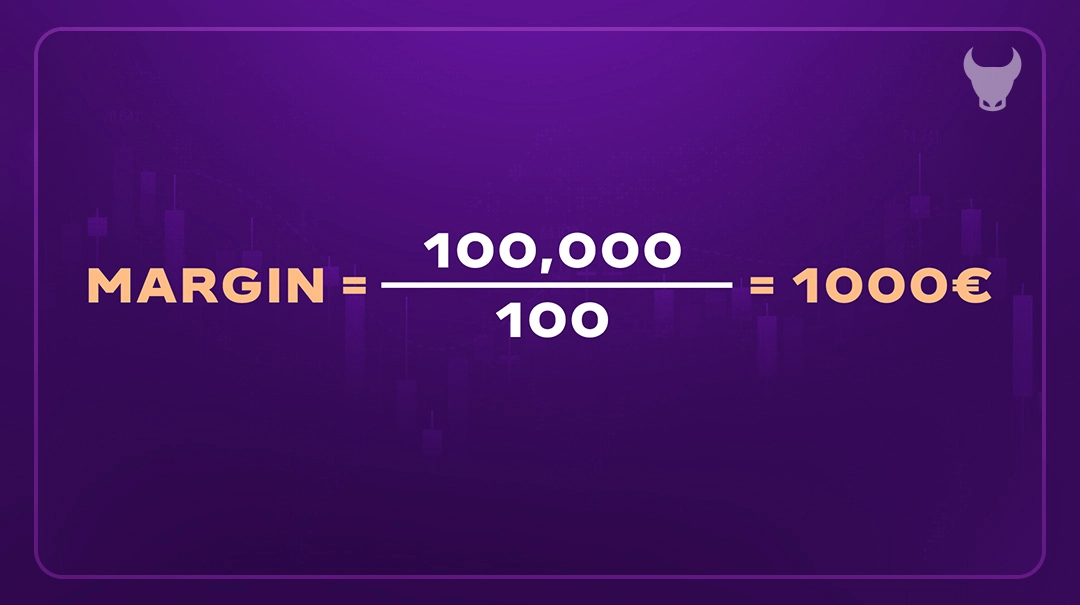
Understanding these factors helps traders make more informed decisions and manage their trading expenses effectively, ultimately improving their trading performance.
What is the Normal Spread in the Forex Market?
The spread in the Forex market can vary significantly based on several factors, including the type of currency pair, market volatility, and the broker used. Typically, the spread can range from zero to ten pips.
Currency Pairs
Major currency pairs like EUR/USD, GBP/USD, and USD/JPY tend to have lower spreads compared to less commonly traded pairs like USD/TRY or USD/BRL. This is because major pairs have higher liquidity, meaning there is a larger volume of trades happening, which narrows the spread.
Market Volatility
Market conditions also play a crucial role in determining the spread. During times of high volatility, such as during the release of major economic news, spreads can widen significantly. This is due to the increased risk and uncertainty in the market, which causes brokers to adjust spreads to manage this risk.
Broker Type
The type of broker can also influence the spread. Some brokers offer fixed spreads, while others offer variable spreads that fluctuate with market conditions. Typically, fixed spreads are higher than variable spreads, but they provide stability and predictability for traders.
As a general rule, a spread of 0-2 pips is considered normal for major currency pairs, while a spread of 2-5 pips is typical for other, less liquid pairs. However, these ranges can vary based on the factors mentioned above.
How Does the Spread Affect Forex Trading?
The spread, combined with any commission, represents the cost you pay to your broker for executing a trade. This cost can significantly impact your trading results, especially if you are a day trader or scalper. In these trading styles, where trades are executed frequently, higher spreads can erode profits over time. Therefore, it’s crucial to choose a broker with low spreads and commissions to maximize your returns.
Impact on Trading Costs
For each trade, the spread might not seem substantial. However, over time, the accumulated cost of spreads can have a considerable effect on your trading account. The spread affects the break-even point of each trade, meaning you need the market to move a certain amount in your favor before you start making a profit.
Suppose you are trading EUR/USD with a spread of 2 pips. If you buy at an ask price of 1.1000, you need the price to rise to at least 1.1002 before you can cover the cost of the spread and start making a profit. For traders who execute multiple trades in a day, these small costs add up, impacting overall profitability.
Long-term Effects
Over the long term, the spread can significantly influence your trading performance. Lower spreads mean lower transaction costs, allowing more of your potential profit to stay in your account. High spreads, on the other hand, can diminish returns, making it harder to maintain profitability.
Given the importance of spreads, it’s essential to choose a broker that offers competitive rates. Brokers like Trendo, known for low spreads, can be advantageous. By selecting a broker with minimal spreads, you can reduce your trading costs and enhance your potential for profit.
Widening Spread in Forex: What Is It and When Does It Occur?
While spreads can be relatively stable, they can also widen, leading to increased trading costs. Understanding what causes spreads to widen and when this typically occurs can help traders navigate the market more effectively.
What Is a Widening Spread?
A widening spread occurs when the difference between the bid price and the ask price increases. This means that the cost of entering and exiting a trade becomes more expensive. For example, if the spread for EUR/USD usually hovers around 1-2 pips and suddenly expands to 5 pips, this is considered a widening spread.
When Does Spread Widening Occur?
Several factors can cause spreads to widen:
1. Market Volatility:
High volatility often leads to wider spreads. During major economic announcements or unexpected geopolitical events, market uncertainty increases, causing spreads to widen as liquidity providers manage their risk.
2. Low Liquidity:
During periods of low market liquidity, such as holidays or off-peak trading hours, spreads can widen significantly. There are fewer market participants during these times, leading to less buying and selling pressure and thus wider spreads.
3. Economic News Releases:
Important economic data releases, like Non-Farm Payrolls (NFP) in the U.S., GDP reports, or central bank interest rate decisions, can cause sudden market movements and increased volatility, resulting in wider spreads.
4. Broker Type and Policies:
Some brokers might widen spreads during specific market conditions to protect themselves from potential losses. This is more common with brokers offering variable spreads, which can fluctuate with market conditions.
5. Currency Pair Characteristics:
Exotic currency pairs, which are less commonly traded, often have wider spreads compared to major pairs. During times of market stress or low liquidity, the spreads on these pairs can widen even further.
By understanding the causes and timing of spread widening, traders can make more informed decisions, manage their costs effectively, and optimize their trading strategies.
Read more:
Strategies to Minimize Spread Costs
Effectively managing spread costs can significantly enhance profitability in Forex trading. Here are practical strategies to minimize these costs:
1. Choose the Right Broker
Selecting a broker with competitive spreads is crucial. Look for brokers that offer low and stable spreads, especially if you trade frequently. Choose brokers that connect you directly to liquidity providers for tighter spreads.
2. Trade Major Currency Pairs
Major currency pairs like EUR/USD, GBP/USD, and USD/JPY typically have narrower spreads due to their high liquidity. Focusing on these pairs reduces spread costs compared to trading less liquid and more exotic pairs, which usually have wider spreads.
3. Trade During Peak Market Hours
Spreads tend to be narrower during times of high market activity, such as the London and New York trading sessions. Trading during these peak hours ensures higher liquidity and tighter spreads, reducing transaction costs.
4. Use Limit Orders
Using limit orders instead of market orders helps avoid paying wide spreads. A limit order allows you to specify the price at which you want to buy or sell, ensuring you don’t get executed at an unfavorable spread during high volatility.
5. Monitor Economic Calendars
Keep an eye on the economic calendar and avoid trading during major news events if possible. These events can cause significant market volatility and wider spreads. Planning your trades around these times avoids higher costs associated with increased spreads.
6. Optimize Your Trading Strategy
Tailor your trading strategy to accommodate spread costs. For example, scalping strategies involving frequent trading might suffer from high spread costs. Instead, consider strategies involving holding positions longer, where the impact of the spread on overall profitability is minimized.
7. Consider ECN Accounts
Electronic Communication Network (ECN) accounts often offer lower spreads because they match trades between market participants, providing direct access to the interbank market. While ECN accounts might have commissions, overall trading costs can be lower due to tighter spreads.
8. Regularly Review Your Broker’s Performance
Regularly check your broker’s performance regarding spreads and compare them with other brokers. If your current broker’s spreads become less competitive, consider switching to another broker offering better terms.
Implementing these strategies effectively minimizes spread costs, improving trading efficiency and profitability.
Conclusion
In this article, we explored the concept of spreads in the Forex market and why they are important. We delved into the different types of spreads, including fixed and variable spreads, and discussed how they can impact trading costs and profitability. Additionally, we examined factors that influence spread sizes, such as market volatility, liquidity, and broker policies.
To wrap up, remember that in Forex trading, knowledge is power. Understanding spreads is crucial for selecting a broker that offers the best trading conditions with minimal spreads and commissions. By being well-informed about spreads, you can optimize your trading strategy, reduce costs, and ultimately enhance your profitability.
Choose your broker wisely, stay informed, and trade smartly to make the most of your Forex trading journey.
FAQ

